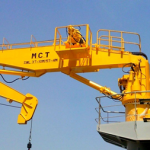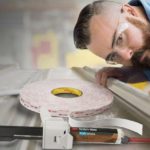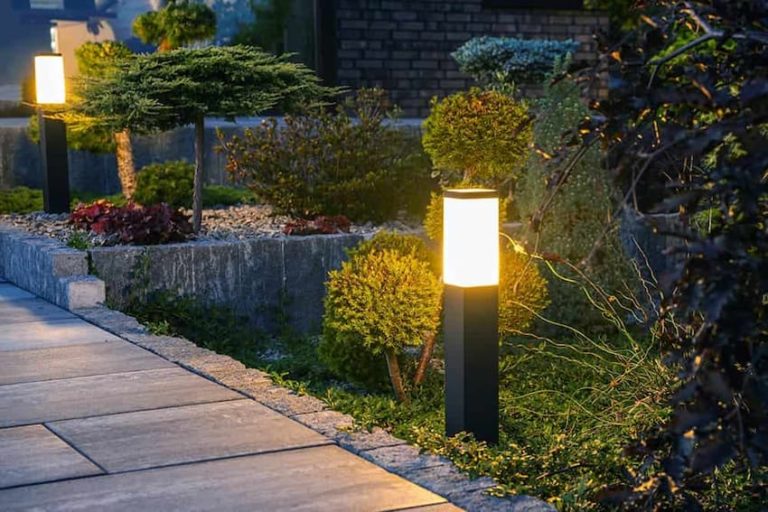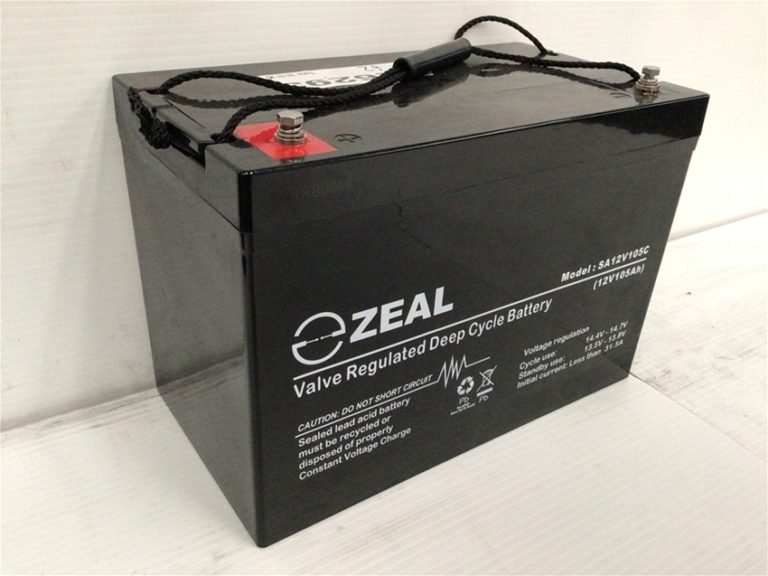Solar applications are becoming more and more widespread, as the world is slowly catching up and acknowledging the benefits of renewable energy. Solar water pumps, in particular, have become very popular for swimming pool, well and pond applications. They’re an excellent solution for applications that only need to run a few hours a day, as they completely remove the need for buying and burning depleting fuel sources.
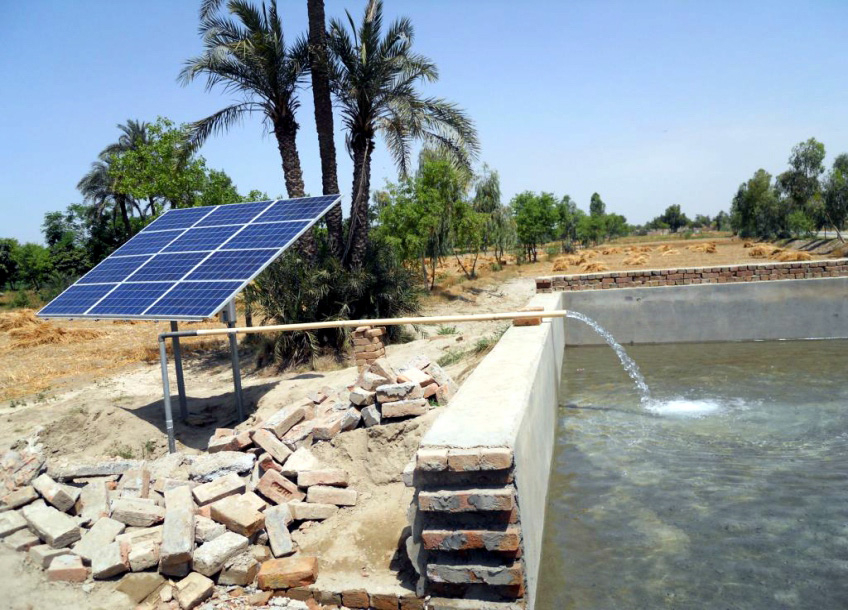
A solar panel water pump runs on either DC or 12V energy, meaning that the panels will have to be directly connected to the pump, or you’ll need a battery. If the system features a battery, the system maintenance requirements are gonna be greater. However, a battery is a reliable way to ensure that there’s always power available for the pump to run. Otherwise, you’ll be way too dependent on the sun.
Some of the applications a solar panel water pump excels at include powering swimming pool filtering and heating systems, wells, watering livestock and pets, landscape and water irrigation, pond circulation, garden fountains, and waterfalls. Almost any pump can be turned into a solar water pump, but pumps that are specifically designed to run on solar are significantly more energy-efficient. This directly translates into cost efficiency, even though the initial cost of solar pumps costs more. Conventional pumps, which are typically 110V AC, on the other hand, although more affordable, aren’t efficient enough to run using the energy from solar panels.
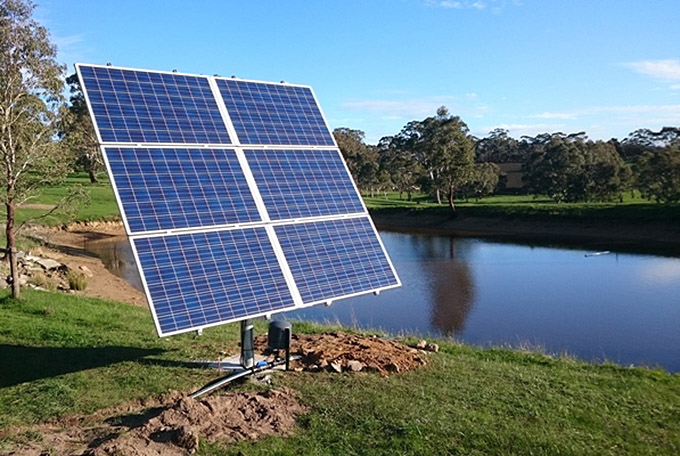
In order to buy the ideal solar pump for your needs, there are a couple of important factors to take into consideration. First and foremost, you need to know the horizontal distance from the water source to the location where you’ll be pumping the water. Then, you’ll need to know the amount of lift (measured in metres) if you’re pumping uphill. You also need to know the velocity, which is measured in gallons per minute. And of course, you need to know the intended application.
All of this information will have a huge impact on your solar pump choice. As is the case with any system, the fewer components it has and the simpler it is, the lower the cost it will be, and it will require less maintenance. However, there are some components that you may consider adding to the system in order to increase its energy production or enhance its functionality. Some of these components include a battery, a float switch, and a controller.

